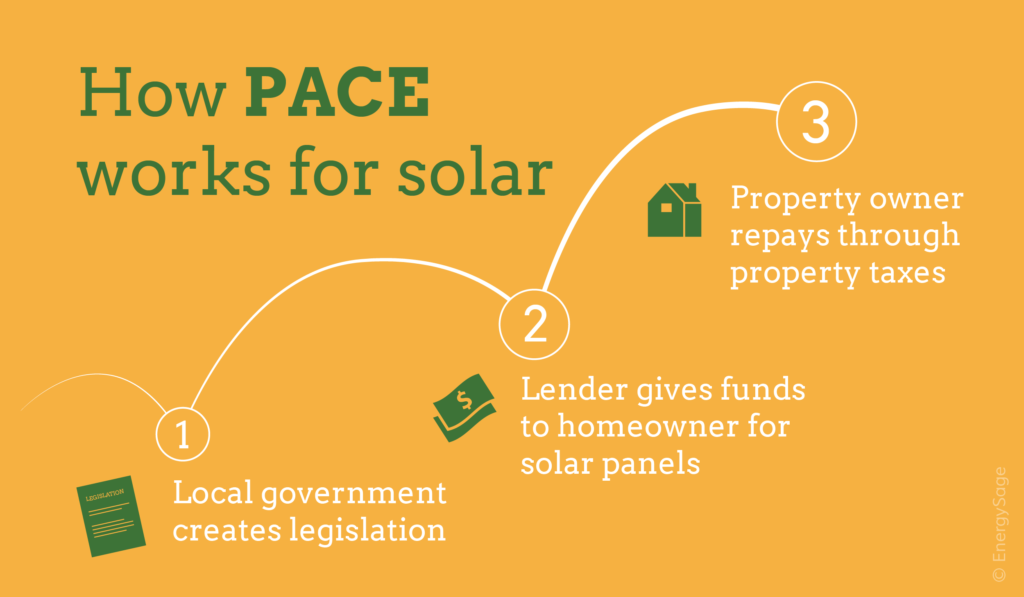
A Path to 100% Clean Energy for the City of Atlanta
Amy Hou | March 16, 2018 | Energy & Sustainability
On February 24th, Urjanet was proud to participate as a sponsor and judge in the 2018 Emory Sustainability Case Competition. Each year, the multidisciplinary case competition brings undergraduate and graduate students from across the state of Georgia together to solve some of sustainability’s most pressing issues. This year’s case question prompted students to consult with the City of Atlanta on how to prioritize and benchmark its goal of 100 percent clean energy by 2035. The winning team’s plan centered on maximizing energy efficiency, funding accessible retrofits, enabling a smart grid, and investing in solar.
Atlanta Aims for 100% Clean Energy
The City of Atlanta’s clean energy target is just one part of a global transition toward a more sustainable future. The UN recently recognized the Regional Centre of Expertise (RCE) Greater Atlanta on Education for Sustainable Development, one of six networks in the nation dedicated to carrying out the Sustainable Development Goals on a local scale. SDG 7, Affordable and Clean Energy, was one of seven goals chosen as a priority for Greater Atlanta.
Energy use represents 95 percent of Atlanta’s carbon footprint. That’s why, in order to fulfill its role in global action on climate mitigation, Atlanta has committed to 100 percent clean energy within city operations by 2025, and 100 percent community-wide by 2035.
“Energy efficiency is the biggest opportunity available to the city of Atlanta to produce clean energy.”
It’s important, however, when planning to meet these goals, that the city’s strategy does not place an undue burden on its residents. Atlanta’s energy burden, the percentage of household income spent on electric bills, can be as high as 10.2 percent, well over the national average of 3 percent. In heavily burdened neighborhoods, incomes are less than a third of those in least-burdened areas, but electric bills are almost 40 percent higher.
Therefore, affordable energy efficiency upgrades will be pivotal to the city’s plan. “Energy efficiency is the biggest opportunity available to the city of Atlanta to produce clean energy. We have an awful lot of low-hanging fruit,” said Matt Cox, CEO of the Greenlink Group. The winners of the Emory Sustainability Case Competition stood out in part for their emphasis on energy efficiency. As judge and City of Atlanta Director of Sustainability John R. Seydel said at the event, energy efficiency often makes up half of a successful clean energy solution.
Students Present a Plan
Team 10, or “Tenergy” as they called themselves, consisted of five undergraduate Emory students. Their plan was two-pronged: first, reducing overall energy consumption in the city by 30 percent and developing a smart grid infrastructure. Second, an “all-in” investment into solar energy and storage. Some of the team’s recommendations included:
Energy Efficiency
- Incentivize green business practices and energy reduction by rewarding Atlanta Green Business Leaders, inspired by the City of Austin’s program
- Conduct mandatory efficiency audits for commercial and multifamily buildings over 10 years old
Equitable Retrofits
- Expand on Georgia’s weatherization assistance program, which provides no or low-cost audits and upgrades to qualifying low-income households
- Partner with local lenders to form a PACE program, financing solar installations, new HVAC systems, and other upgrades through property taxes
Smart Grid
- Take advantage of resources like the GE Smart Grid Technology Center of Excellence
- Collect comprehensive data from partners like Urjanet to assess energy usage and capability
- Invest in sensors, meters, battery storage, and microgrids
Solar
- Work together with Georgia Power on solar energy procurement agreements
- Promote community-based bulk-purchasing campaigns like Solarize Atlanta
- Limit reliance on RECs, offsetting remaining consumption as a last resort
Although the city of Atlanta has a long road to travel before it meets its goal — as of today, the city runs on two to six percent clean energy — thoughtful solutions like these inspire our confidence. With strategic investment in energy efficiency, equitable retrofits, smart grid technology, and solar, the city’s clean energy target could be well within reach.
Want to add your thoughts to the conversation? Chime in on Twitter.
You may also like:
If you like what you’re reading, why not subscribe?
About Amy Hou
Amy Hou is a Marketing Manager at Urjanet, overseeing content and communications. She enjoys writing about the latest industry updates in sustainability, energy efficiency, and data innovation.
You May Also Like
Support Business Continuity by Embracing ESG
Honor Donnie | March 18, 2022 | Energy & Sustainability

